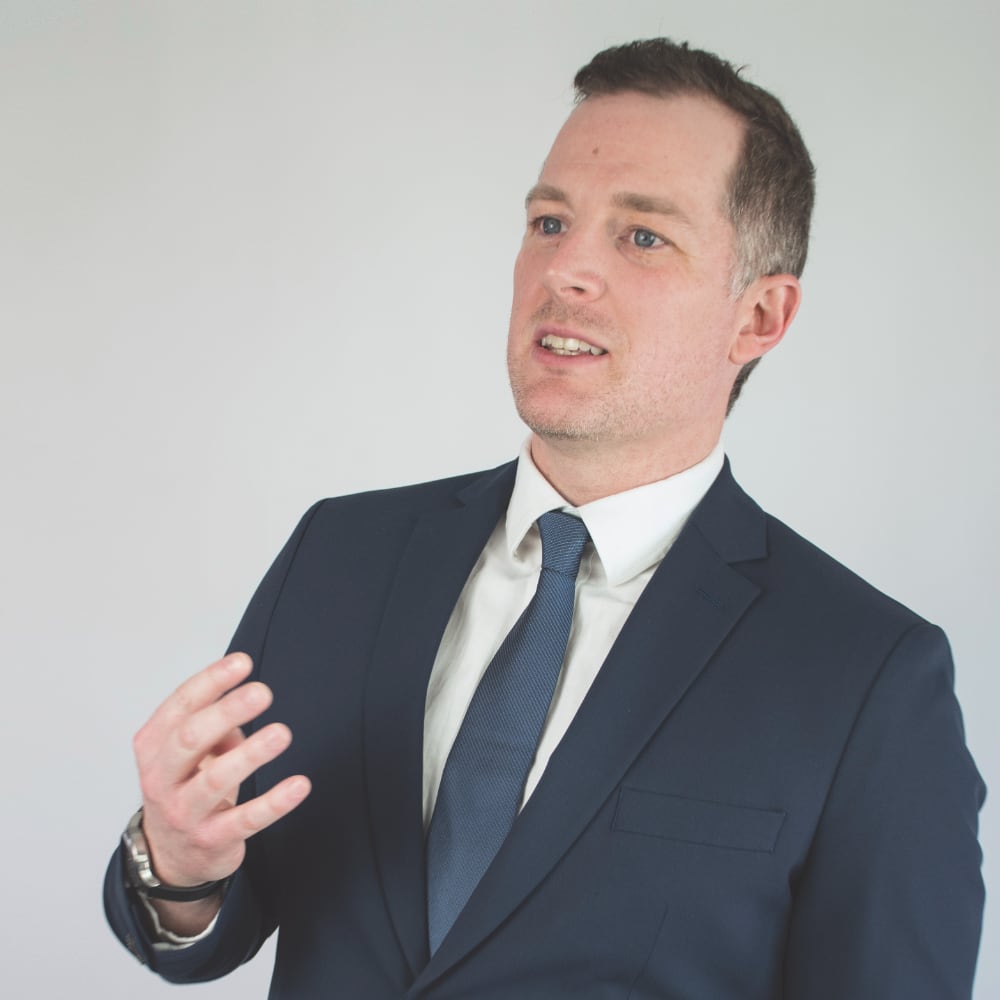By Ben Leveillee
In one way or another, all of our learning is connected to exploring space and time. Sometimes, just not in ways we can calculate.
For as long as I can remember, I’ve been passionate about understanding the universe—learning about the rules that govern space and time at their most fundamental levels. Entering URI as a wide-eyed freshman in the fall of 2000, I set swiftly on that course. By the end of that year, I had earned a scholarship from the physics department. The next fall, I landed a teaching assistantship for the introductory physics labs in East Hall. I was on track to become a scientist, like those I had revered since I was enraptured by NOVA specials as a child, setting out to explore all the big ideas in the cosmos, so many of them yet to be discovered.
One of my favorite spaces to contemplate those big ideas was the expanse of green fields behind Mackal Field House. Throughout my first two years, I would jog from Barlow Hall down to those fields and run. In the early days, I’d think about the mysteries of the universe, but over time, I began to focus on a growing uncertainty about my place within it.
In the spring of my sophomore year, it was on one of those runs that I admitted to myself that I was not going to become the physicist I had dreamed of being—a revelation sparked by a brief, but dramatic, chapter of my college life that could best be titled, “Math Is Very Difficult and I Am Very Bad at It.” I was disappointed and embarrassed—still am, to be honest. But I accepted it as entropy at work, and searched for a direction that would allow me to continue exploring big ideas just with less calculus. It wasn’t long before I found the Honors Program, where I could do exactly that. Through courses that blended critical thinking, peer teaching, and cross-disciplinary studies, I was exposed to a range of big ideas, and I found a path for myself—teaching.
My choice to pursue a career in teaching was cemented by a 2002 Honors Colloquium lecture given by the renowned scientist and author, Oliver Sacks. He spoke enthusiastically about exploring the wonders of the human mind and shared a contagious enthusiasm for chasing the spark of curiosity that is part of what makes us all human.
Fifteen years later, I am fortunate to continue teaching and learning at URI. These days, I spend most of my time in Chafee Hall, helping professors and students use technology to explore space, time, and all the topics that inspire and fascinate them. Still, every now and then, I head back down to the fields behind Mackal to clear my mind, contemplate big ideas, and simply feel present in a universe full of beautiful uncertainty.
Ben Leveillee is a 2004 graduate of URI. He is an information technologist in URI’s Instructional Technology and Media Services. He spoke at the February 2019 TEDxURI event.

